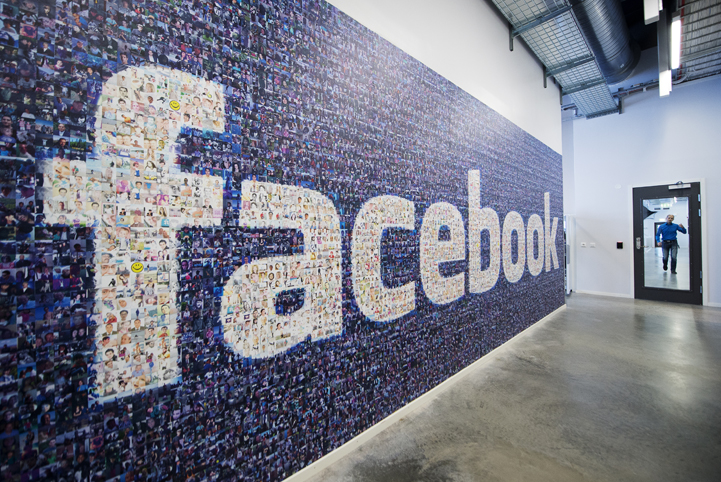
May 18, 2016 -- As Facebook defends itself against accusations of anti-conservative bias, a MapLight analysis has found the company's political action committee has given more money to Republicans than Democrats running for federal office.
Mark Zuckerberg, Facebook's founder and CEO, has personally contributed to Republican and Democratic candidates. But he has given more money to Democrats, according to Federal Election Commission filings.
Facebook and Zuckerberg are trying to defend the company against accusations of bias, after Gizmodo, citing unnamed former curators for the Trending Topics team, reported that workers “routinely suppressed stories of interest to conservative readers.” Facebook has vigorously denied the allegations. On Wednesday afternoon, Zuckerberg plans to meet with several conservative leaders and media personalities, including a senior advisor for the Trump campaign, at the company’s Menlo Park, CA headquarters, according to the Los Angeles Times.
Facebook formed its PAC in 2011. At the time, spokesman Andrew Noyes said it would “give our employees a way to make their voice heard in the political process by supporting candidates who share our goals of promoting the value of innovation.”
Since 2011, the PAC has given $477,500 to Republican candidates, including John Boehner and Paul Ryan, and $425,500 to Democrats running for federal office, including John Kerry and Nancy Pelosi, according to MapLight’s analysis of data from The Center for Responsive Politics.
In the 2012 and 2014 election cycles, the PAC gave more money to Republicans in the House and Democrats in the Senate. So far in the 2016 election cycle, the PAC has given more money to Republicans in both houses of Congress.
The PAC has supported one presidential candidate, giving $4,000 to Marco Rubio’s 2016 campaign.
The PAC has also given to other PACs and party committees, contributing $54,000 to Republican groups, and $55,000 to Democratic groups.
Zuckerberg has contributed $25,000 to Facebook’s PAC, according to FEC filings. He has also given $15,600 to Democratic candidates for federal office, including Sen. Charles Schumer; $13,000 to Republican candidates, including Sen. Orrin Hatch; and $10,000 to San Francisco’s Democratic County Central Committee.
In 2013, Zuckerberg founded FWD.US, a politically active 501(c)(4) group focused on immigration reform. The organization, whose co-founders are a veritable who’s-who of the tech world, has two subsidiaries involved in politics, Americans for a Conservative Direction and the more liberal-leaning Council for American Job Growth.
All three groups say they support policies that include establishing an employment verification system and providing a pathway to citizenship. None of the organizations is required to reveal their donors.
According to its tax filings, FWD.US has contributed to two groups working to restore Democratic majorities to both houses of Congress, giving $1.65 million to the Senate Majority PAC and $375,000 to the Democratic House Majority PAC. It has also contributed $150,000 to American Action Network, a self-described conservative “action tank.” In 2013, FWD.US ran ads touting the conservative credentials of three senators - Marco Rubio (R-Fla), Lindsey Graham (R-S.C.) and Mark Begich (D-Alaska) - who favored immigration reform.
The Council for American Job Growth spent $719,525 in the 2014 election cycle to support the re-election bid of New Hampshire Democratic Sen. Jeanne Shaheen. In 2013-2014, the council reported $1.6 million in income.
Americans for a Conservative Direction supported Republican Representative Renee Ellmers of North Carolina in the 2014 election cycle. In 2013-2014, the organization reported $11.4 million in income.
Last fall, Donald Trump attacked Zuckerberg’s views on immigration and his support of Rubio, writing, “Mark Zuckerberg's personal Senator, Marco Rubio, has a bill to triple H-1Bs that would decimate women and minorities."
In April, in a speech at Facebook’s developers’ conference, Zuckerberg challenged Trump’s anti-immigration stance, telling the crowd, “Instead of building walls, we can build bridges.”
Of his company, Zuckerberg said, “We stand for connecting every person, for a global community, for a free flow of ideas and culture.”


